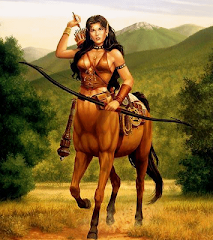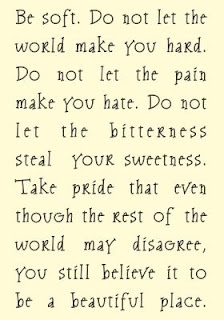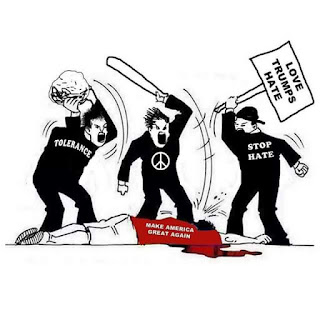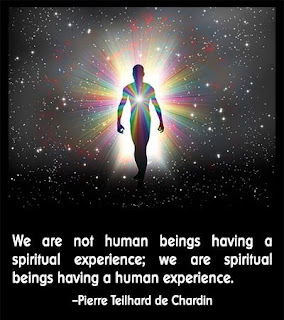Yahoo News
written by Carole Landry
Monday October 27, 2014
United Nations (United States) (AFP) - At least 850 people have been executed in Iran in the past 15 months as part of a worsening human rights situation under reformist President Hassan Rouhani, a UN official said Monday.
Ahmed Shaheed, the rights rapporteur for Iran, described a "surge in executions," giving Iran the world's the highest death penalty rate per capita.
"The range of capital crimes is shocking," Shaheed told journalists. "We have seen a person executed for making a donation to a foreign organization."
The rapporteur said he was "shocked" by the hanging over the weekend of 26-year-old Reyhaneh Jabbari who was convicted of murdering a former intelligence officer she claimed had tried to sexually assault her.
Shaheed said he had repeatedly raised with Tehran questions about the fairness of her trial.
Iran has executed 852 people since June of last year, including eight juveniles, said the envoy, who is to present his report to the UN General Assembly on Tuesday.
The surge in executions shows that Rouhani has failed to deliver on campaign promises to improve the human rights situation in his country, a year after taking office, he said.
"He is unable to address the issues, unable to arrest this trend, to convert his promises which spoke to arresting this trend into action," said Shaheed.
The rapporteur suggested that Rouhani lacked political backing, in particular from parliament, to advance his rights agenda.
Since his appointment in 2011, Shaheed has never been allowed to visit Iran, but he has spoken to some 400 Iranians, making use of Skype and at times even receiving calls from prison.
Shaheed conveyed the concern from many Iranians that ongoing negotiations on Tehran's nuclear program had allowed human rights to be placed on the back burner.
But the envoy said he had not seen a shift in emphasis from the United States and the West on human rights and that southern countries like Brazil and South Africa were also raising these issues with Tehran.
In his report to the 193-nation Assembly, Shaheed also raised concerns over freedom of the press, noting that 35 journalists are currently behind bars in Iran.
At least 300 people are in prison for their religious practices including 120 Bahais and 49 Christians.
The report also touched on a drop in the number of women enrolled at universities, from 62 percent in 2008 to 48 percent last year.
A UN General Assembly is expected next month to vote on a draft resolution put forward by Canada and other nations condemning rights abuses in Iran.
*********
book, chapter 8
[source: Ziba Mir-Hosseini]
ABSTRACT
In the nineteenth century, the last in a series of tribal dynasties ruled Iran, and the Shia religious establishment had a monopoly of law, which was based on their interpretations of sharia. The twentieth century opened with the first of two successful revolutions. In the Constitutional Revolution of 1905-1911, democratic nationalists sought an end to absolute monarchy, a constitution and the rule of law. They succeeded in laying the foundations of an independent judiciary and a parliament with legislative powers. The despotic, but modernising Pahlavi shahs (1925-1979) maintained (though largely ignored) both the constitution and parliament, curtailed the power of the Shia clergy, and put aside sharia in all areas of law apart from family law, in favour of a secular legal system inspired by European codes.
The secularisation of society and legal reforms in the absence of democracy were major factors in the convergence of popular, nationalist, leftist, and Islamist opposition to Pahlavi rule, which led to the 1978-1979 Iranian Revolution under Ayatollah Khomeini. Islamist elements gained the upper hand in the new Islamic Republic. Determined to reestablish sharia as the source of law and the clergy as its official interpreters, they set about undoing the secularisation of the legal system. The new constitution attempted an unusual and contradictory combination of democracy and theocracy; for three decades Iran has experienced fluctuations, sometimes violent, between emerging democratic and pluralistic popular movements and the dominance of theocratic despotism. The legal system is often the arena for confrontation between more conservative and patriarchal interpretations of the sharia and the more liberal and pragmatic interpretations that see no contradictions between sharia and democracy and human rights.






































No comments:
Post a Comment